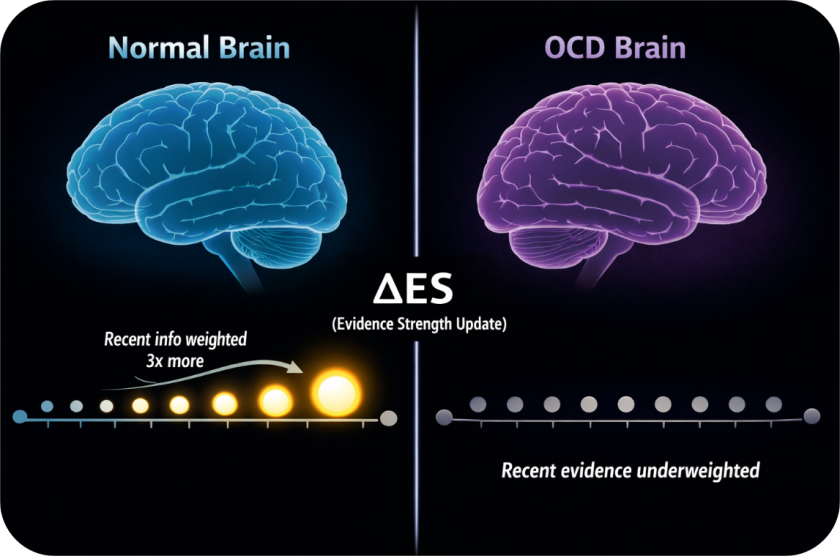At times, won’t we experience that while conversing with someone, the other person just say what were thinking or were about to spill out the same topic. And then we mutter, “what a coincidence” or as I say, “great minds thing alike” 🙂 well, this actually is not the case, neuroscientists have discovered new findings about the role of the brain during a communication. They say that people often predict what the speaker is about to say, because the brain activity of the listener is similar to the speaker.
A postdoctoral researcher at New York University, and study leader, Suzanne Dikker, explain that brain brings about langue predictability into account and therefore there is a resemblance in the brain activities of the speaker and the listeners. The study shows that this tendency of brain to predict starts before a sentence is heard or spoken.
Another study co-author and an associate professor of psychology and linguistics at USC, who have conducted controlled laboratory trials to learn about the brain and the language says, people perceive language in the abstract either as a word said in succession or one word at a time. Their trail is more about how person employs language to describe an event to another person. They have focused on the structure of language and not about communication.
From bottom up to top down
Until now it was believed that the brain perceives the surrounding from the bottom up. When a person speaks, the auditory cortex of the body first takes up the sound and processes them. Later specific area in the brain processes these sounds first in words, then frame sentences and other bigger discourse units. This is how a person comprehends what is being said to him/her.
But now neuroscientists believe that the brain uses a top down technique to understand about its surroundings. Individuals are regularly trying to foresee events that might occur in the surrounding so that the individual may be prepared to respond to that event, quickly and accordingly. Like usually when we hear Rose, we quickly assume red. Based on context, individuals often predict words and sounds and the brain takes advantage of this.
Neuroscientists are not yet confirmed that how the speaker’s mind or a communication between two people does is affected by the predictable nature of the brain.
Researchers for the trails gathered brain responses of a person while trying to explain certain viewed images, for example, an image of a penguin hugging a star. This is considerably a simple image to predict as per speaker’s explanation. On the other hand, another image portrays a guitar stirring a cycle tire in a vessel of boiling water. This image is less likely to display a predictable explanation. It is confusing like if a guitar is stirring a bike, or boiling a wheel or cooking just a tire.
During another trails, researchers observed the brain activity of the participants viewing the images along with listening to the speaker’s description.
Activity patterns in the brain
Researchers when analyzed and compared the brain responses of the speaker’s brain with that of the listener’s brain, they found that the region of the brain where the words are processed showed similar activity in speaker as well as listener’s brain, especially when the listener’s could anticipate what the speaker is about to say.
The researcher explains that when listeners can anticipate what a speaker is about to say, their brain sends a message to the auditory cortex that it can hear sound patterns related to anticipated words. They also found that the brain of the speaker also shows similar pattern when he/she is preparing to say next. Moreover, how expected the words spoken by the speaker would be to the listener, affects the activity of the brain in the auditory language region.
The predictive power of the brain helps us to quickly and accurately perceive the world surrounding us and in an effective human communication. It plays a role in governing us to change our rate of speech and selection of words as per different individuals.
Our brain is so complex and so far we know so little about its functioning. Handling multiple tasks is not easy, but our brain handles that so efficiently is quite a commendable thing.
Source: USCNews
Image: eclipse-info, myfrontier, cogito.cty






